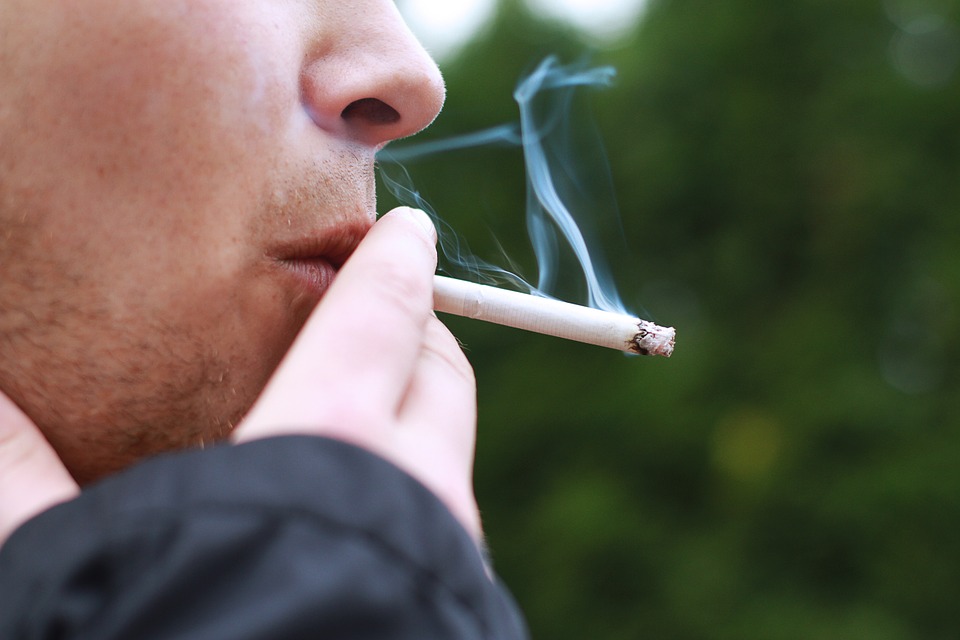Large-scale study on cuts in numbers of tobacco outlets in the Netherlands
This week will see the start of a large-scale study over four years on the implementation and effects of new legislation aiming to reduce tobacco retail outlets and make tobacco products less visible. The research will be funded by the Dutch Cancer Society (KWF) and conducted by a consortium of a unique combination of health scientists, economists and investigative journalists.
The sight of cigarettes encourages smoking. The Dutch government has therefore pledged to cut the number of tobacco points of sale and thus reduce the visibility of tobacco in society. From 2024, supermarkets will no longer be allowed to sell tobacco. The number of outlets will then be further scaled down, and ultimately cigarette sales will only be allowed at specialised tobacconists. The new legislation stems from the 2018 National Prevention Agreement, which commits the government to cutting the number of points of sale for tobacco.
Retail points of sale
The aim of the study starting this week is to evaluate the implementation of new legislation to reduce the number and variety of tobacco points of sale in the Netherlands, and in particular the ban on tobacco sales in supermarkets. The researchers will look at the effects of the legislation on the number of points of sale, the percentage of smokers, susceptibility to smoking among young non-smokers, and the effects on impulse tobacco purchases among smoking adults. They will also investigate any differences in effect for people living in vulnerable neighbourhoods compared to others.
"We are very pleased that we are able to carry out this extensive policy evaluation with the support of the Dutch Cancer Society," says project leader Prof. Gera Nagelhout of Maastricht University. "By collaborating with health scientists, economists and investigative journalists, we will be able to provide a complete picture of the implementation and effects of the policy."
Smoking
The study will be carried out by a consortium comprising Addiction Research Institute IVO, Maastricht University, SEO Amsterdam Economics and The Investigative Desk. The researchers will partly draw on existing data, such as information on retail locations and the prevalence of smoking over time. In addition, a group of 250 non-smoking young people will complete questionnaires annually during the study. Researchers will also follow a group of 1,200 adult smokers, half of whom live in vulnerable neighbourhoods. Kantar Public will collect the data. The quantitative research will be supplemented by interviews and discussions with non-smoking young people and adult smokers.
Tobacco
Investigative journalists from The Investigative Desk will examine the strategies the tobacco industry uses to influence legislation and tobacco points of sale. They will uses sources such as documents obtained under the Dutch Public Access to Government Information Act (WOB), leaked documents, interviews with insiders and observations of points of sale. Their first articles are expected to be published this year.
